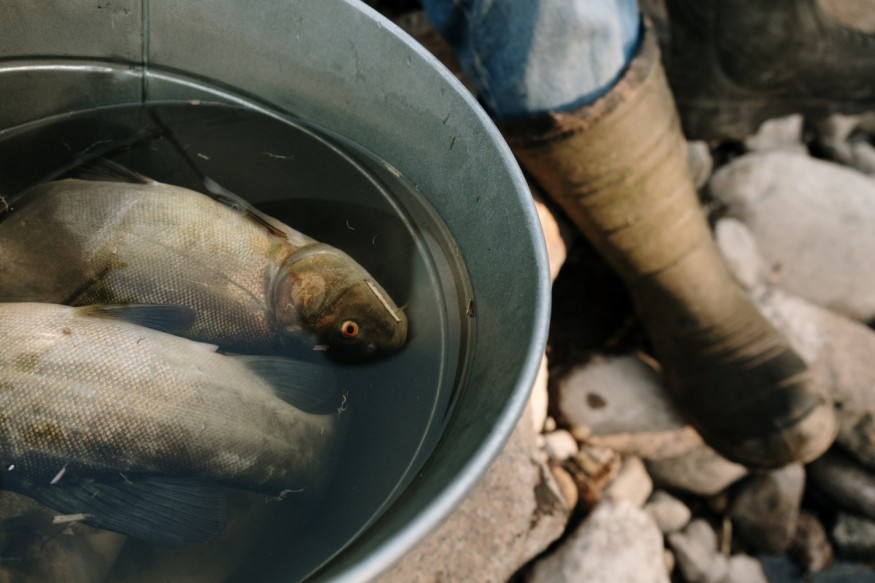Latest report shows that ⅓ of freshwater fish from lakes and rivers face an extinction crisis that will have significant adverse effects on ecology, biodiversity, and food supply for millions.
A coalition of 16 conservation groups published a new report with WWF warning of the extinction-level threat that ⅓ of freshwater fish species face due to anthropogenic activity.
In a statement, Stuart Orr, WWF global freshwater lead said, "Nowhere in the world's nature crisis more acute than in our lakes, rivers, and wetlands, and the clearest indicator of the damage we are doing is the rapid decline in the freshwater fish population."
WWF, along with other organizations such as Conservation International, Alliance for Freshwater Life, and The Nature Conservancy organized the report and stressed the importance of diversity of freshwater fish for human wellbeing.

Threats to Freshwater Fish Populations
In total, there are 18,075 freshwater species globally, which accounts for 51% of all fish species, and 25% of all vertebrates. Freshwater fish are a vital food source for more than 200 million people worldwide and are a source of livelihood for roughly 60 million people.
Unfortunately, freshwater fish populations are rapidly declining.
The IUCN Red List of Threatened Species declared 80 species to be extinct, with 16 species being declared in 2020 alone.
The populations of migratory freshwater fish like salmons have declined by 76% since the 1970s, while mega-fish like beluga sturgeon have declined by 94% at the same time. As a matter of fact, freshwater biodiversity has plummeted at twice the rate of biodiversity in forests and oceans.
Despite the looming extinction of one-third of the freshwater fish population, it gets less attention than its saltwater counterparts, say the authors. The report titled "The World's Forgotten Fishes," argues that policymakers globally rarely consider river wildlife when making decisions and conservation efforts.
Safeguarding the Future of Freshwater Fish
Although freshwater fish biodiversity is threatened by overall human activity there are more significant threats to the population.
Siphoning rivers for irrigation, building dams, draining wetlands, and releasing water waste is one of the main threats to freshwater fish populations across the globe. Other factors that increase the threats to freshwater fish are overfishing, the introduction of invasive species, and most of all the climate crisis.
Orr tells NBC News, "As we look to adapt to climate change and we start to think about all the discussions that governments are going to have on biodiversity, it's really a time for us to shine a light back on freshwater,"
In order to safeguard the future of freshwater fish, report authors outlined a six-point plan:
- Let rivers naturally flow;
- Improve the quality of water in freshwater ecosystems;
- Safeguard and restore critical habitats;
- Put an end to overfishing and unsustainable sand mining in lakes and rivers;
- Preventive and control measures must be put in place for invasions of non-native species; and
- Remove obsolete dams and protect free-flowing waterways.
The report calls on world leaders to highlight and include freshwater ecosystems in ambitious biodiversity agreements at the next UN Convention on Biological Diversity, Kunming, China.
RELATED STORY : Post-Mortem Study Shows Numerous Population Threats to Orcas
Check out more news and information on Endangered Animals on Science Times.
© 2026 ScienceTimes.com All rights reserved. Do not reproduce without permission. The window to the world of Science Times.












